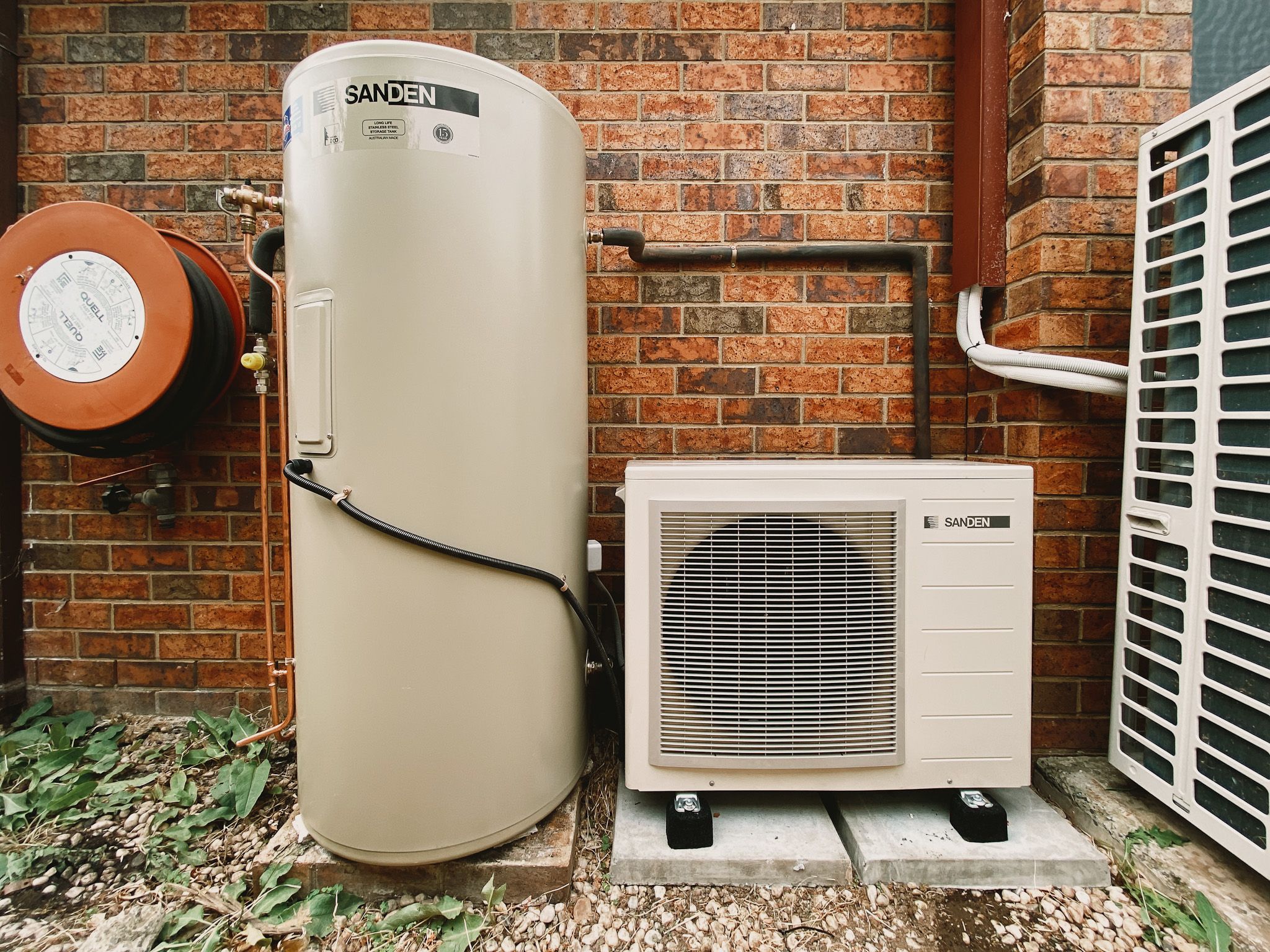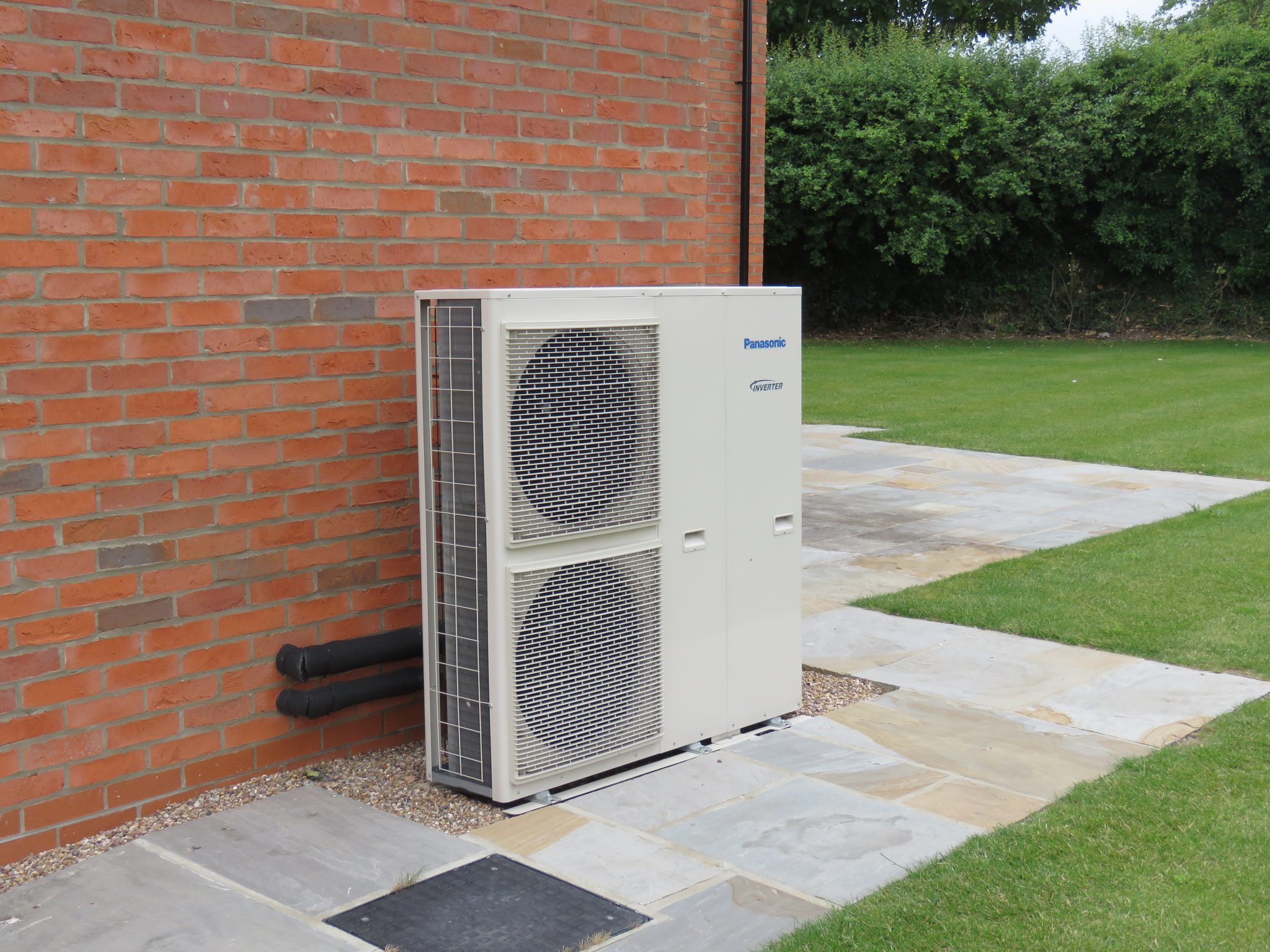If your home is in the cold, and you’re ready to upgrade it with more comfort, there are many reasons to consider investing in a heat pump. The most important reason is that they can reduce your energy bills by as much as 50% (or more) compared to traditional heating systems like wood or oil burners. And because these systems have less moving parts than gas-fired models, they tend to be far quieter too.
Heat pumps work by using a refrigerant to remove heat from one place (like outdoors) and transfer it to another place (inside). Refrigerants like R22, which is commonly found in air conditioning units, absorb heat when at low temperatures, and release it when they reach higher temperatures. A heat exchanger takes advantage of this process, transferring heat from one side of the system to the other before releasing it into your home.
There are two major types of heat pumps: ground-source and rooftop. Ground-source heat pumps use the earth’s temperature to provide heat, while rooftop heat pumps use solar power to create heat. Both methods use a refrigerant and a heat exchanger to provide heat, but the method used to make the heat varies. Both types can be installed on your property, and both are quite effective at reducing your energy bills. However, there is one big difference between the two: ground-source heat pumps are generally more affordable, especially if you plan to install them yourself.
It is also not surprising that ground-source heat pumps are an excellent choice for homes that will primarily be occupied in winter months. They are able to keep your house warmer than traditional heat sources without requiring any additional investment on your part. If you live in an area where winters are long and cold, a ground-source heat pump could save you thousands of dollars each year.
For those who do need to invest some money into installing their own system, it might be worth considering whether to spend the extra money on a rooftop unit. Rooftop heat pumps are great for homes located in northern climates, since they rely on solar power to generate heat. Since they generate heat naturally through the day, they don’t require any kind of maintenance, making them very cost efficient. They are also capable of providing heat to multiple rooms at once, making them perfect for larger houses or even apartment complexes. If you’re looking for a little more bang for your buck, check out our guide to the best rooftop heat pumps available today.

While heat pumps are incredibly popular among homeowners, they still aren’t exactly easy to install. That’s why we’ve put together this handy list of insider tips for buyers.
- Check your local codes and regulations. Some cities require specific equipment and construction standards, so be sure to check what requirements apply in your region. You may also find that certain areas have different rules depending on how old your property is. For instance, older properties in colder climates may require more insulation than newer ones, while newer buildings in warmer regions often require more efficiency for cooling purposes. As such, heat pumps are only permitted for new construction.
- Know what type of system you’ll need. Depending on your climate and the size of your home, you might need a whole-house system, a mini-split system, or even just a single component. Each type works differently, so be sure to discuss the options with your contractor before starting, so you know exactly what you’re signing up for.
- Consider your budget. Heat pumps are a fairly high-dollar purchase, so you should figure out how much you’re willing to spend ahead of time. Most contractors will give you a quote based on your square footage and the number of bedrooms, but you’ll want to verify that the price includes all components required for your particular installation. That includes things like ductwork, plumbing, electrical wiring, and other necessary materials. Be sure to get estimates from several companies, as they can vary widely in pricing.
- Make sure the company has experience. While a qualified contractor should be able to install a heat pump successfully, it’s still helpful to hire someone with prior experience. This way, they have a better idea of what steps to take during installation and what equipment you may need. In addition to the actual installation, you may need to call upon them for various repairs throughout the life of your system.
- Get a written contract. When hiring a contractor, you should always sign a written agreement outlining details about the job and payment terms. This helps protect you against unexpected costs and ensures that the work you receive is consistent with your initial vision. It should also include information about warranties provided by the manufacturer.
- Keep track of payments. Once you’ve hired a contractor, it’s essential that you stay in touch with them during the project. This will allow you to keep tabs on progress and ensure everything goes smoothly. If anything comes up, you can easily request changes or ask for a refund.

- Do your research. Before purchasing a heat pump, make sure to do your homework. There are plenty of resources online for researching the pros and cons of different brands, so look around. In addition to comparing prices and features, you should also consider things like reliability, ease of installation, and overall quality.
- Consider the future. If you’re planning on buying a heat pump now, be sure to think about how it will affect your home in the long-term. Will it continue to function properly? Is it likely to fall victim to extreme weather conditions? These are important questions to ask yourself, and it’s worth taking the time to learn about heat pumps before committing to one, so you can be confident in your decision.
- Talk to neighbors. One of the biggest advantages of heat pumps over traditional systems is that they produce less noise, but that doesn’t mean you shouldn’t talk to your neighbors. Ask them about their experiences with heat pumps and what they would recommend to improve yours.
- Don’t wait! While heat pumps offer significant benefits, they are still expensive. If you’re interested in upgrading your home, then you should act fast. It’s possible that the heat pump you want could sell out within days, so be sure to get your bid in early enough to avoid disappointment.
There is not just a single type of the heat pump that are available for the people. A person must know the idea of the soojuspumba hind so that they can reach the goals. If the results will be good that they can recommend it to others. The main motive of the people is to go for the option that will turn to be a favorable option. A person can plan to go for the low cost pump.
If you’re ready to start shopping for a heat pump, then you’re already well on your way towards saving money on your energy bills. We hope that these tips help you make smart decisions along the way. To learn more about heat pumps, including their advantages and disadvantages, check out our heat pump guide.
